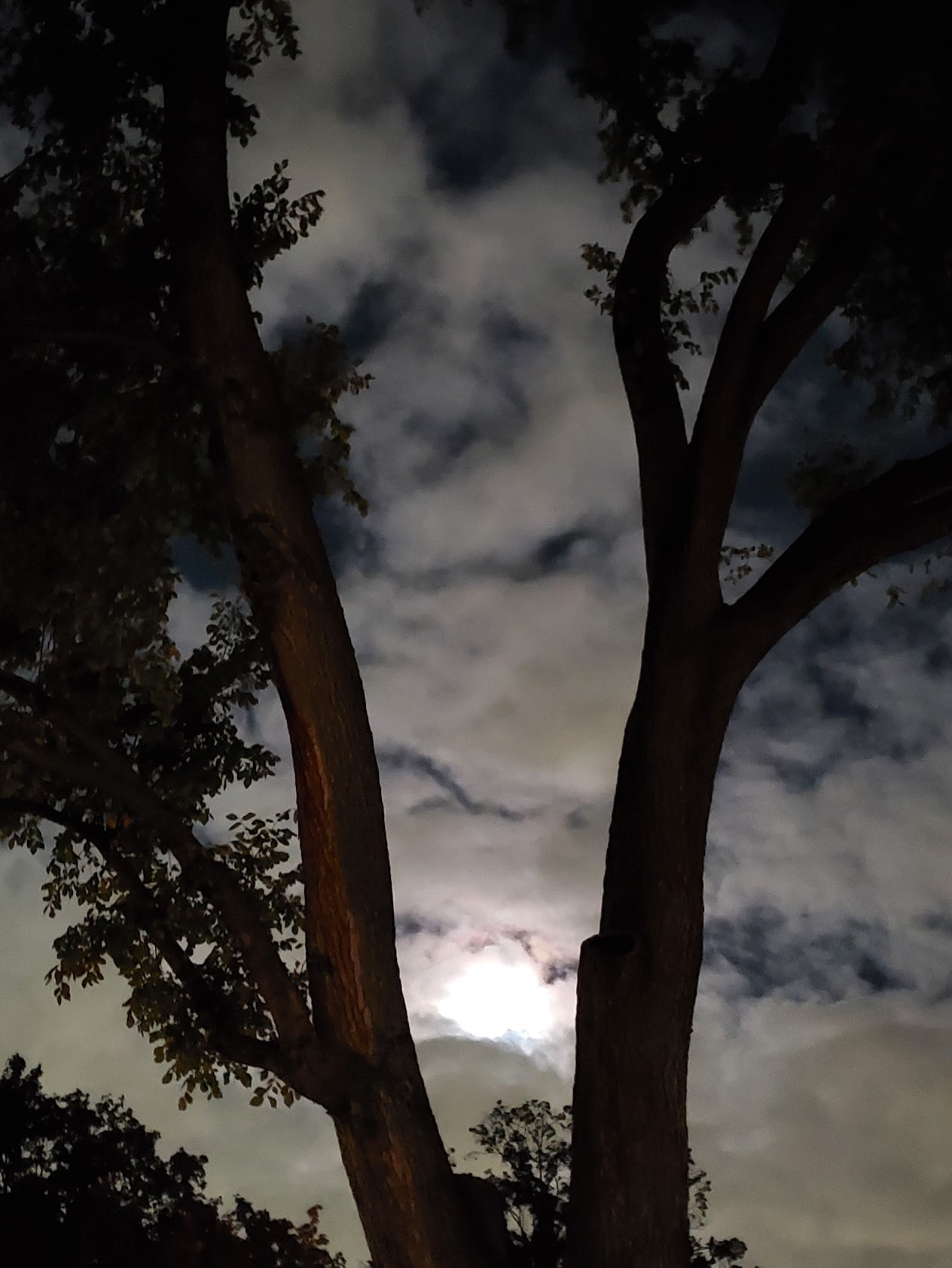
Fear of the unknown is usually the culprit whenever pain has become normalized. As the saying goes, the devil you know is better than the devil you don’t know. You may be fully aware that something needs to be different but can’t seem to harness the motivation to enter an uncertain future. At least the struggles you currently endure are familiar. After all, you’ve been coping with them for a long time.
What if the darkness of the transition served a purpose? It’s not unlike the function of winter dormancy as a tree stores fuel for an explosion of growth in the spring. The depletion of experiencing a loss is designed to prepare the team for its next phase of growth. In this case, staying stuck is like remaining dormant. It’s as if the discomfort of returning sap to the branches and pushing out buds feels too scary to justify a transition to spring.
Imagine you’re in a broken marriage. There are kids and assets on the line. You know you’ll eventually need to take decisive action, but the costs currently feel too great. So, while you remain at ‘midnight’ and endure the demeaning treatment from your soon-to-be ex-spouse, you are slowly and quietly preparing for a post-divorce life. Then ‘noon’ happens and the clock starts turning again.
Imagine, after a long and prosperous career working for a hotshot asset management firm, you decide to part ways and start up your own advisory practice. Your nest egg is ample enough to support the transition, so you gift yourself the time needed to get your freelance business up and running. Yet, for the first time in your life, you’re not waking up to an alarm and rushing into the office to meet targets. Oddly, you feel empty and directionless. Midnight.
The darkness permits you time and space to reinvest in your unknown future. You may feel like an imposter because you are an imposter – you’ve never done what comes next. The learning curve that lies ahead will require an abundance of energy. Fortunately, your dormant darkness successfully refueled your engine. Noon.
For all of us, the clock is always turning. For some of us, time stands still when we either don’t know what to do, aren’t ready, or – for some reason – choose not to grow. Either way, the movement from midnight to noon will always get the hands of the clock spinning again.

